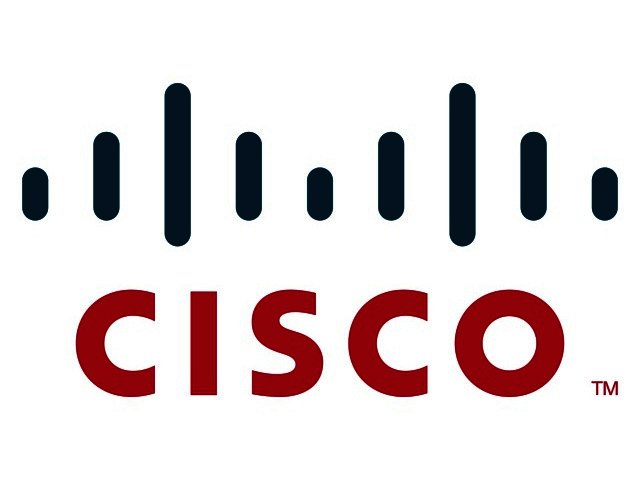According to the latest annual update of the Cisco Visual Networking Index Global Mobile Data Traffic Forecast for 2014 to 2019, the on-going adoption of more powerful devices and machine-to-machine (M2M) connections may see 3G surpassing 2G as the top cellular technology, based on connection share, by 2016. 4G will account for 56.1 percent of total mobile data traffic in South Africa by 2019, compared to 15.7 percent at the end of 2014, a CAGR of 110 percent.
The forecast predicts that Wi-Fi data offloading, the use of complementary network technologies for delivering data originally targeted for cellular networks globally - is expected to surpass that of cellular traffic. The amount of traffic offloaded from 4G will be 46 percent by 2019, compared to 40 percent at the end of 2014. Traffic offloaded from 3G will go up to 42 percent from 35 percent in the same time period. Whilst traffic offloaded from 2G will be 42 percent compared to 37 percent at the end of 2014.
“The increasing demand for network mobility and the emergence of 4G are among the key trends highlighted in this year's forecast that represent significant opportunities for service providers today and in the immediate future. The challenge is not about getting Wi-Fi facilities to South African citizens but rather about ensuring that high speed internet is available not only in homes and offices but also public places like shopping centres. The findings highlight that service providers in South Africa have immense opportunities to innovatively deliver a variety of mobile services and experiences to consumers and business users as the Internet of Everything (IoE) continues to take shape,” says Vernon Thaver, Chief Technology Officer, Cisco in South Africa.
Key Highlights from South Africa
In South Africa, 4G connections are expected to grow 14-fold from 2014 to 2019 at a CAGR of 69 percent. By 2019, 4G connections will be 23.2 percent of total mobile connections compared to just 2.2 percent in 2014. This will largely be led by the growing number of smart connections in South Africa, which are expected to increase to 62 percent of mobile connections by 2019, from 21 percent in 2014.
• In South Africa, the amount of traffic offloaded from 4G will be 46 percent by 2019, compared to 40 percent at the end of 2014.
• Of all IP traffic generated in South Africa in 2014, 57 percent was Wi-Fi and 13 percent was mobile. By 2019, 59 percent will be Wi-Fi and 32 percent will be mobile.
• In South Africa, 4G tablet traffic will be 93% of total tablet traffic by 2019, compared to 56.5% at the end of 2014.
Increase in 4G Connectivity in South Africa
Many service providers are deploying 4G technologies to address consumer and business users’ strong demand for wireless services and content. In many emerging markets, service providers are creating new mobile infrastructures with 4G solutions.
• In South Africa, 4G smartphone traffic will be 51 percent of total smartphone traffic by 2019, compared to 12.9 percent at the end of 2014.
• In South Africa, 4G traffic will grow 41-fold from 2014 to 2019, a compound annual growth rate of 110 percent.
• In South Africa, the average 3G speed will grow 2.1-fold (16 percent CAGR) from 2014 to 2019 and the average 2G speed will grow 1.3-fold (5 percent CAGR) in the same time period.
• In South Africa, the average 4G smartphone will generate 7,191 MB of traffic per month by 2019, compared to 3,727 MB for non-4G smartphones.
Wi-Fi Offload Traffic Surpasses Cellular Traffic in South Africa
“Offload” refers to traffic from dual mode devices and supports cell and Wi-Fi connectivity, excluding laptops, over Wi-Fi and small cell networks. Offloading occurs at the user or device level when one switches from a cell connection to Wi-Fi and small cell access.
• In South Africa, 36 percent of total mobile data traffic was offloaded in 2014; by 2019, 44 percent of total mobile data traffic will be offloaded.
• In South Africa without offload, the 2014 - 2019 South Africa mobile data traffic would grow at a CAGR of 67 percent instead of 63 percent.





